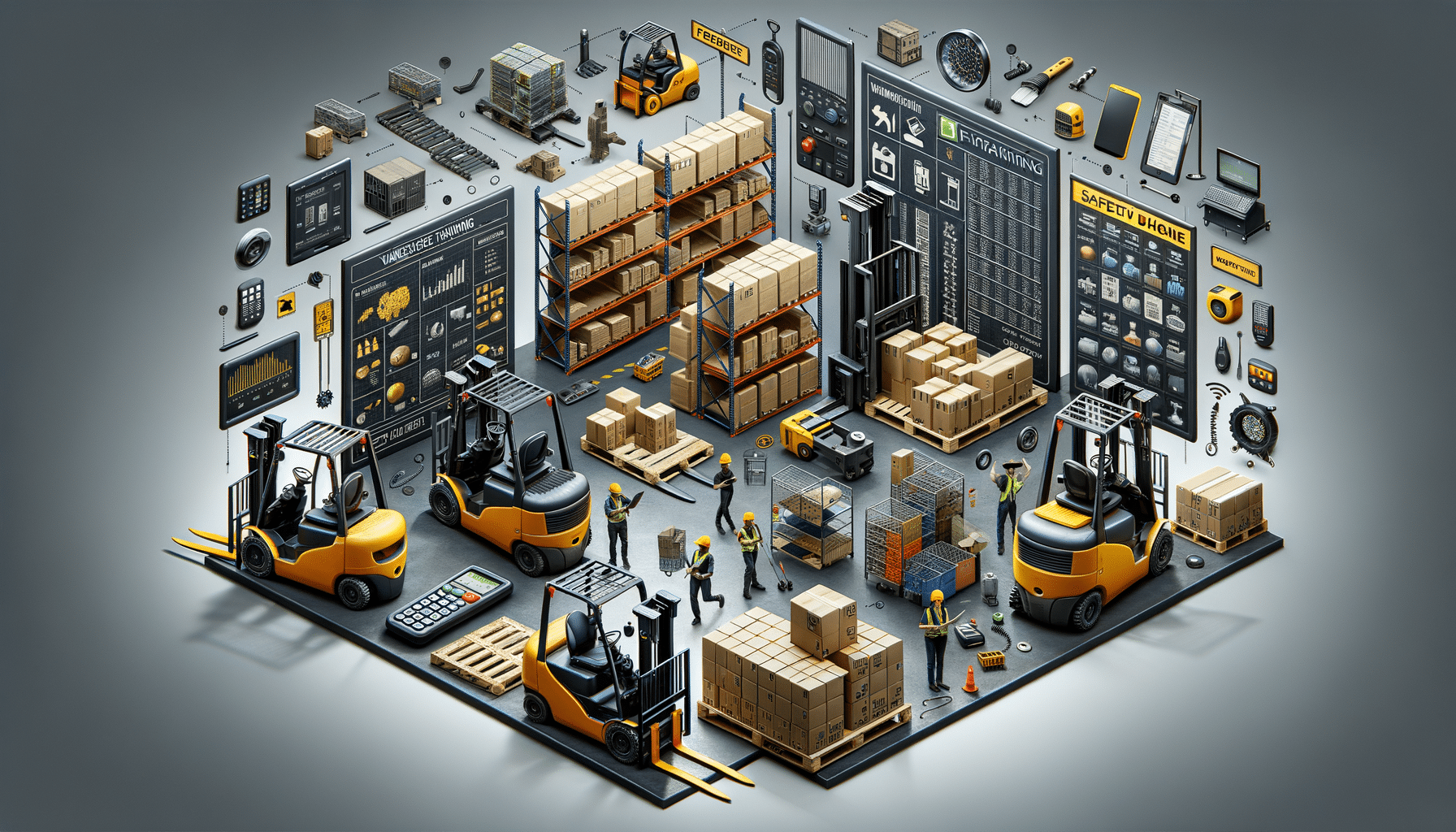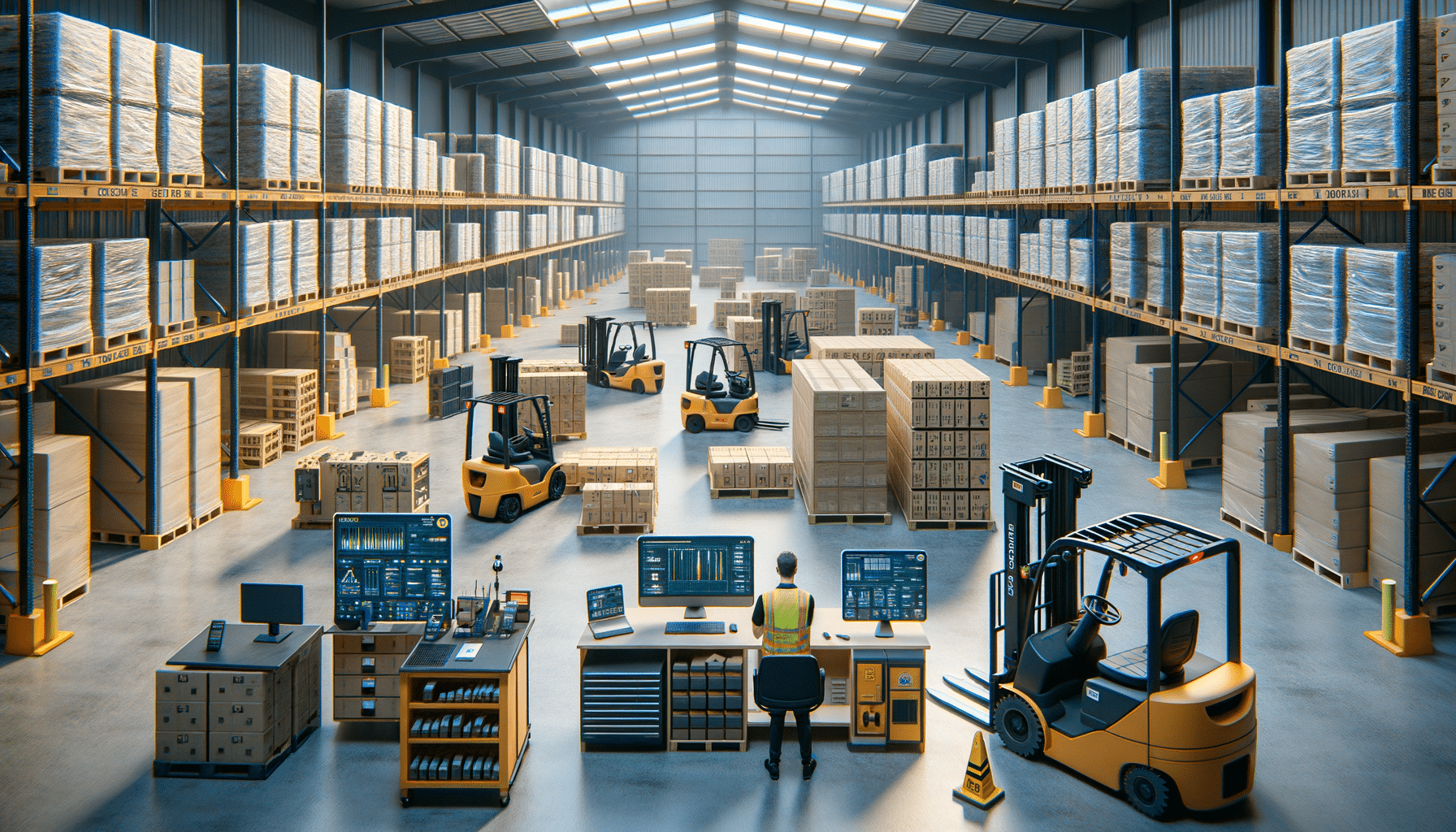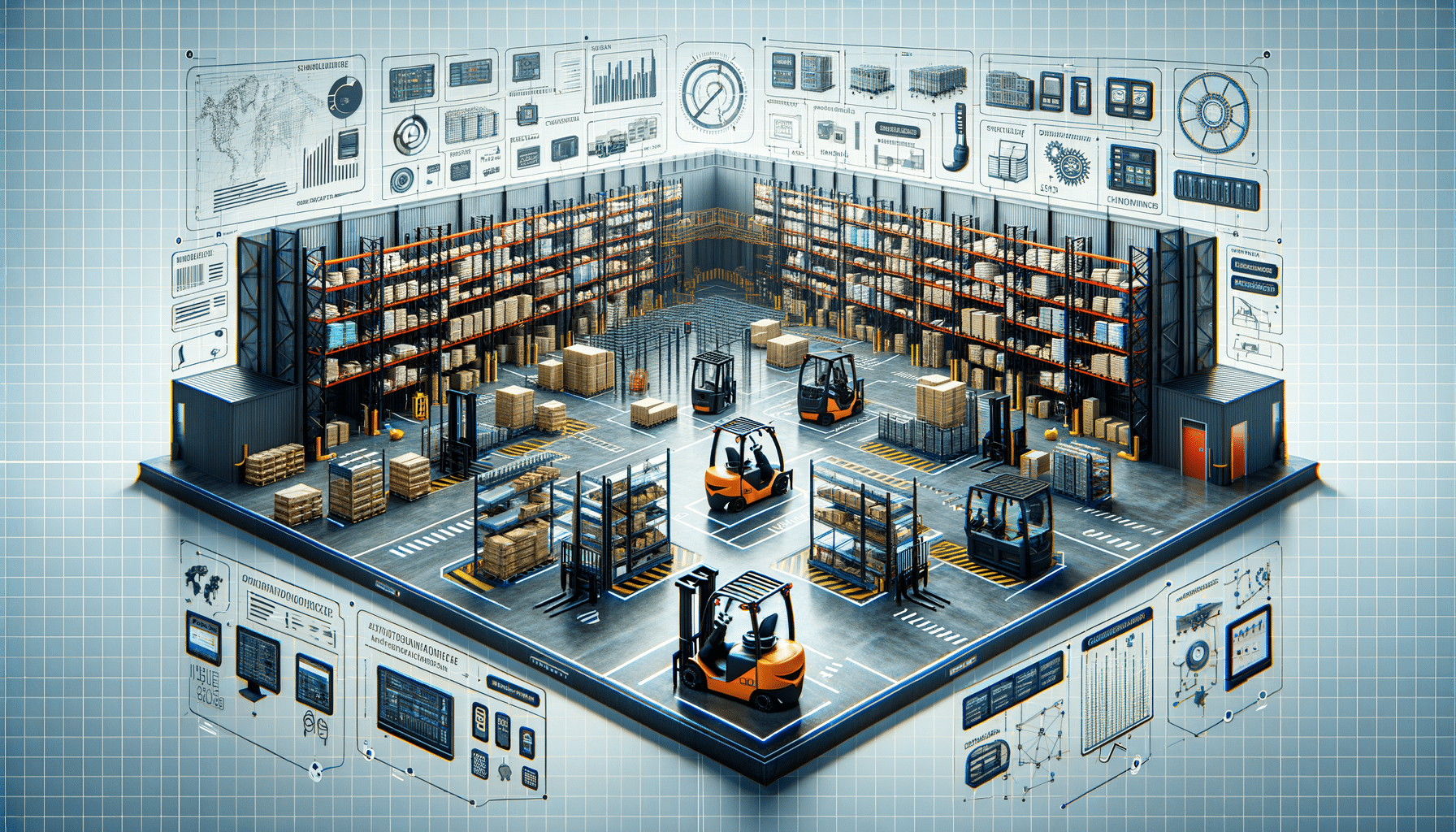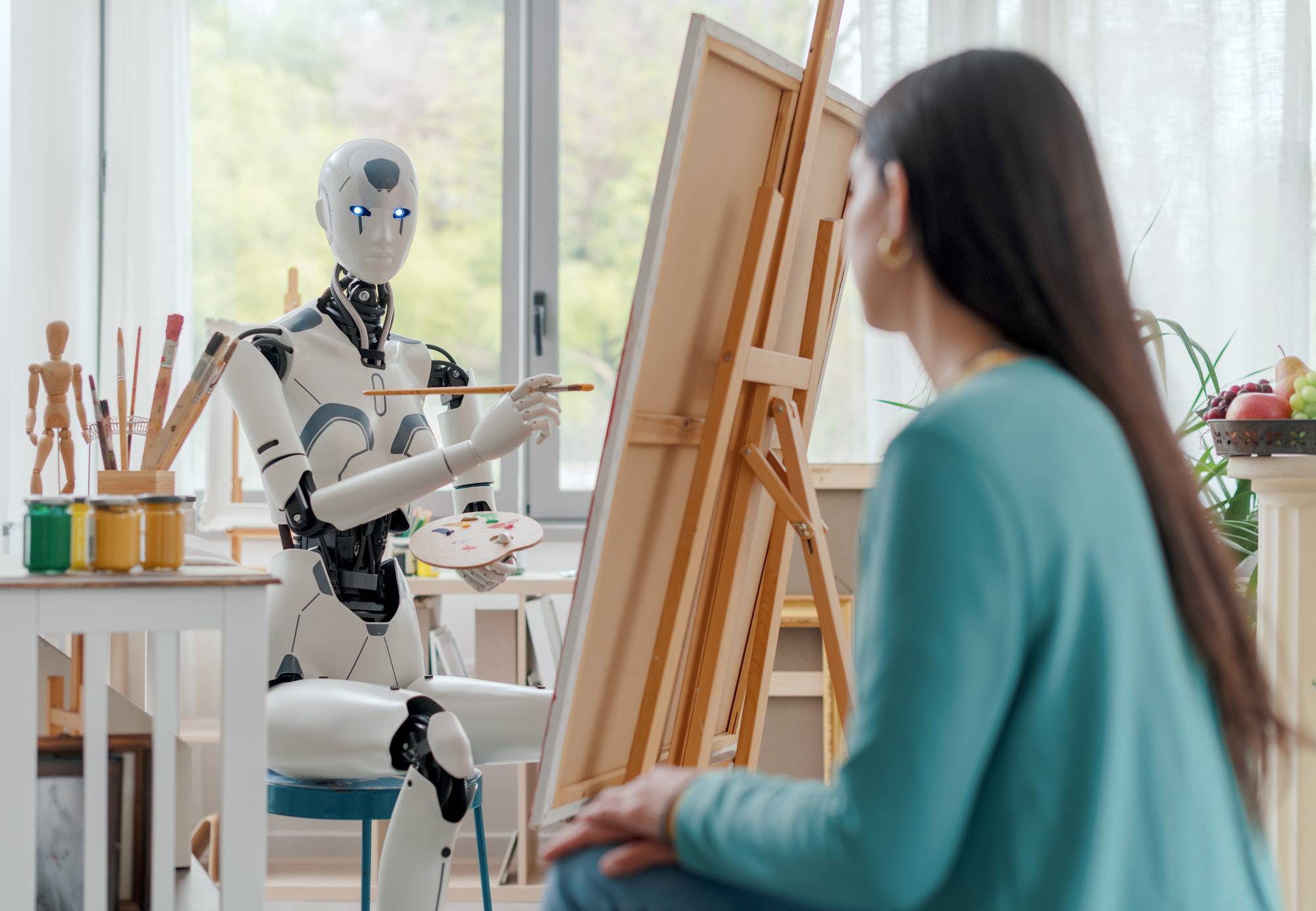
Can AI Replace Human Creativity? The Debate Continues
The question of whether artificial intelligence (AI) can replace human creativity, is relevant today? AI systems are increasingly trained to perform tasks traditionally executed by human artists, musicians, and writers. This trend has ignited debates among tech-savvy experts, artists and ethicists. At the heart of this debate lies one crucial question: can machines really recreate the soul of creativity?
This conversation is not just academic; it affects real-world industries, from entertainment to education. We’ll examine the current and future state of AI in creative fields and its impact on society. This exploration seeks to unpack some of the nuances at play in this debate, and to demonstrate AI v/s human creativity.
Key Benefits / Why It Matters
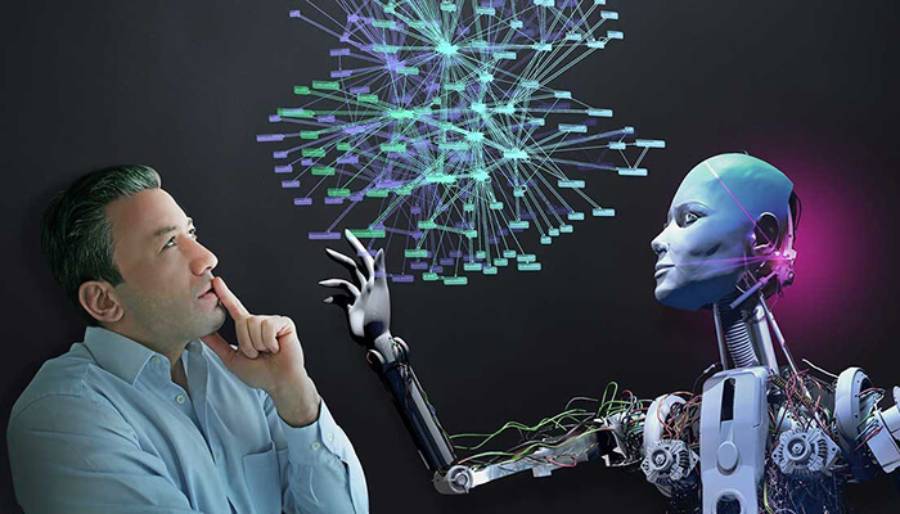
This topic matters for several reasons. First, it challenges our understanding of creativity. By studying AI’s abilities, we can redefine what creativity means today.
Second, AI’s role in creative fields has significant economic impacts. As AI tools become more common in art and media, they can drive innovation and efficiency. For instance, AI-generated content can speed up production in film and advertising, providing cost-effective options without losing quality.
However, the rise of AI in creative areas raises ethical issues. Questions about authorship, originality, and human contribution become critical. As AI mimics human creativity, we must consider the societal impacts. Engaging in this debate helps us navigate the challenges and opportunities AI presents in creativity.
Step-by-Step Guide / Actionable Insights
Understanding AI’s Current Capabilities in Creative Fields
Machine Learning in Art
Machine learning in art has advanced significantly. AI can now create paintings, music, and poetry that rival human work. These algorithms learn from large datasets, allowing them to produce unique yet familiar pieces.
For example, AI tools like DeepArt and Google’s DeepDream use neural networks to turn photos into stylised art inspired by famous painters. Similarly, AI music creators like OpenAI’s MuseNet can compose original music across various genres, highlighting AI’s role in the creative process.
The Future of AI-Generated Content
The future for AI-generated content is promising. As AI technology advances, we can expect more refined creations. This could lead to partnerships between humans and machines, where AI enhances rather than replaces human creativity. By using AI’s analytical skills, artists can explore new styles and techniques.
Additional Expert Tips & Common Mistakes to Avoid
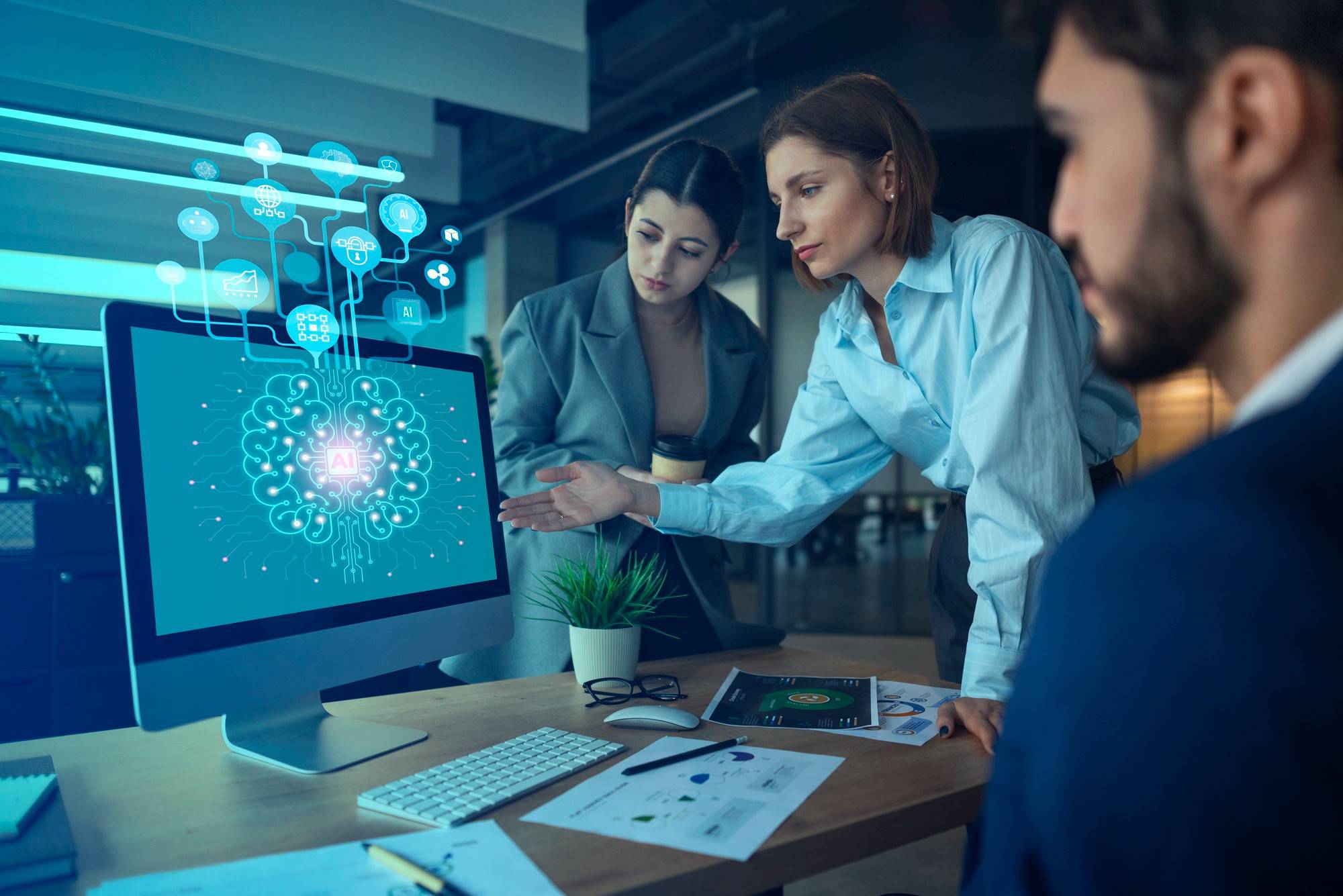
Embracing AI as a Collaborative Tool
Artists should see AI as a partner, not a rival. By welcoming AI, creators can broaden their ideas and experiment more freely. This shift encourages a relationship between human insight and machine precision, leading to innovative works.
Avoiding Over-Reliance on AI
While AI has many benefits, relying too much on it can be risky. Human creativity is rooted in emotions, intuition, and personal experiences—qualities AI cannot replicate. By balancing human input with AI assistance, creators can keep their work authentic and emotionally rich.
Advanced Insights / Expert Recommendations
As we consider the link between AI and creativity, we must consider the larger effects of these changes. One recommendation is encouraging collaboration among tech experts, artists, and ethicists. Different perspectives can help address the ethical challenges of AI-generated content.
Additionally, we need guidelines for evaluating AI-created works. Establishing standards for authorship and originality will help clarify the complex world of AI creativity, ensuring that contributions from both humans and machines are recognised.
If we look at the brighter side, we’ll find that AI can make our jobs easy. If you know how to operate AI, your job will be a hundred times easier. So, take the plunge and learn how to operate an AI. AI is developed by humans, and there’s no way that we cannot learn it or operate it. A human’s brain is a supercomputer.
It’s up to you: Whether AI Can Replace You
The discussion on whether AI can imitate human creativity continues. Although AI has come a long way and is capable of performing various creative tasks, it probably won’t replace what is truly unique about human creativity. AI – the future is collaborative, where human creativity is augmented by machine learning.
The discussion on whether AI can imitate human creativity continues. Although AI has come a long way and is capable of performing various creative tasks, it probably won’t replace what is truly unique about human creativity. AI – the future is collaborative, where human creativity is augmented by machine learning.
The rise of AI-generated content is a complex topic that requires careful consideration. By acknowledging AI’s potential but preserving human creativity, we can approach the future of creativity and technology with confidence.
